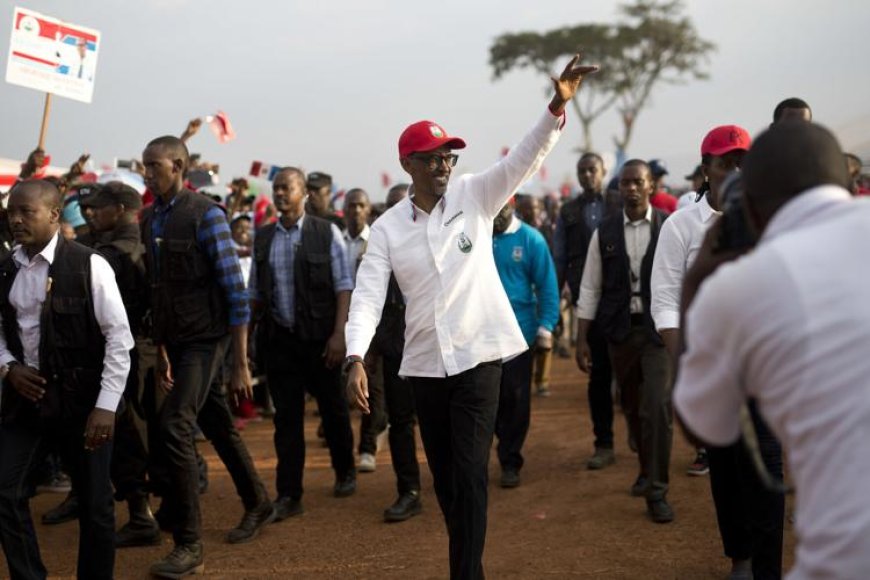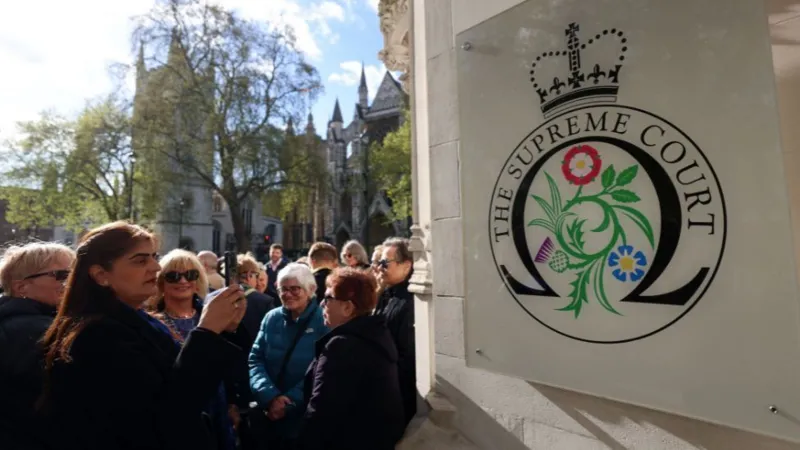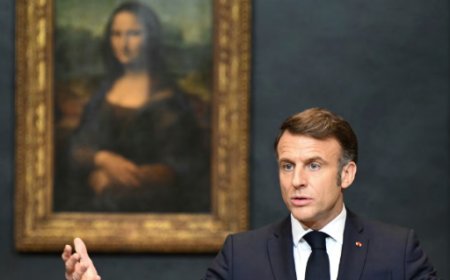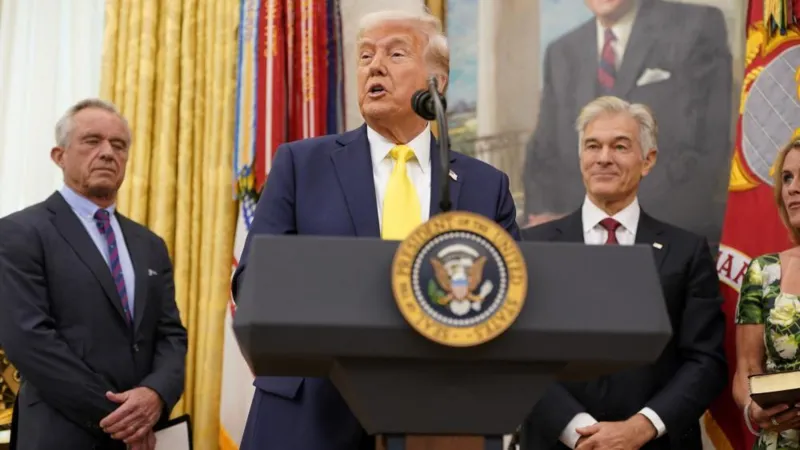Paul Kagame appears set to extend his long presidency of Rwanda in an election Monday

KIGALI, Rwanda (AP) — Rwandans vote Monday in an election that will almost certainly extend the long rule of President Paul Kagame, who is running virtually unopposed after three decades in power in the eastern African nation.
Kagame has been met by crowds of admiring supporters at campaign rallies that evoke the apparent inevitability of his victory as he seeks a fourth term as president. His challengers — Frank Habineza of the Democratic Green Party of Rwanda and independent candidate Philippe Mpayimana — have struggled to pull crowds to their events.
Kagame faced the same opponents in 2017, when he took nearly 99% of the vote. Observers say a similar result is expected in a country where serious opposition to Kagame has long been absent.
Kagame, 66, took power as the leader of rebels who took control of Rwanda’s government and ended the genocide in 1994. Kagame was Rwanda’s vice president and de facto leader from 1994 to 2000, when he first became president. He has since ruled the East African country as an authoritarian who is intolerant of political dissent.
Rwanda’s election takes place amid heightened fears of insecurity in Africa’s Great Lakes region. A violent group of rebels known as M23 is fighting Congolese forces in a remote area of eastern Congo. Between 3,000 and 4,000 Rwandan forces are fighting alongside M23, U.N. experts said in a report circulated Wednesday.
The U.S. government has described the group as being backed by Rwanda. Rwanda accuses Congo’s military of recruiting fighters who were among the perpetrators of the 1994 genocide.
Campaign rallies close Saturday. Monday’s vote is expected to extend Kagame’s rule by five years. A total of 9.5 million Rwandans are registered to vote, according to electoral authorities.
Rights groups continue to raise alarm over harsh restrictions on human rights, including freedom of association. Amnesty International expressed concerns in a recent statement over “threats, arbitrary detention, prosecution on trumped-up charges, killings and enforced disappearances” targeting the political opposition in Rwanda.
That statement said the suppression of dissenting voices, including among civic groups and the press, “has a chilling effect and limits the space for debate for people of Rwanda.”
At least two members of the opposition FDU-Inkingi party have disappeared since the 2017 election, in addition to other mysterious deaths and killings, according to Amnesty International.
FDU-Inkingi is the former party of the opposition figure Victoire Ingabire, who is blocked from running because of a previous criminal conviction. Earlier this year a Rwandan court refused her plea for the legal rehabilitation that would have allowed her to run for president. Another of the president’s critics, Diane Rwigara of the People Salvation Movement, had her candidacy blocked for allegedly failing to show proof of enough support.
Both Ingabire and Rwigara blame Kagame for stopping their presidential bids.
Human Rights Watch has raised similar concerns about rights violations, urging authorities in a statement last month to ensure that all Rwandans be allowed to express their views and vote freely.
























































